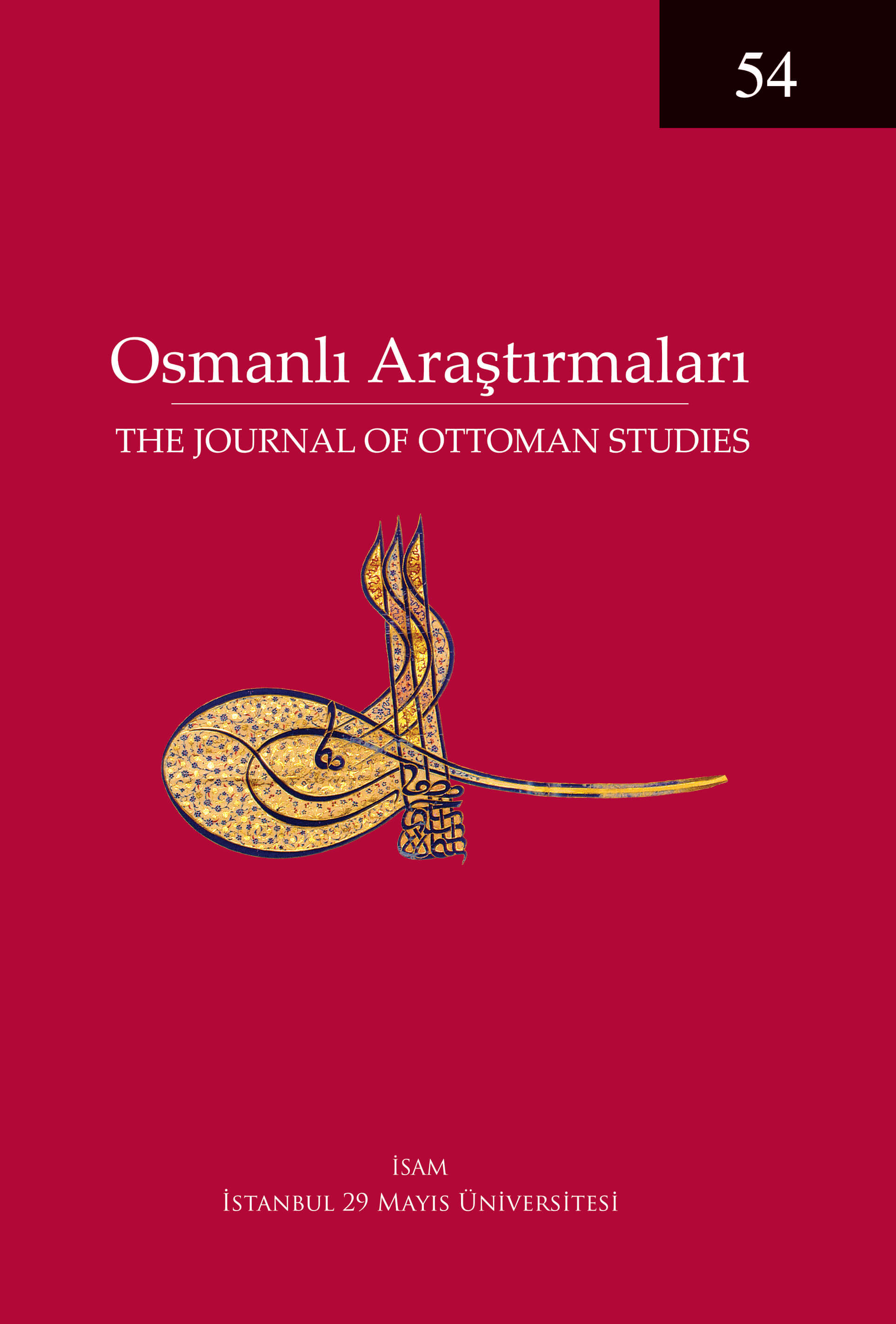New Fiscal Actors to Control Provincial Expenditures at the End of 18th Century
Keywords:
Public-expense registers (tevzî‘ defteri), provincial finance, auditor (nâzır), fiscal supervision, center-province relationsAbstract
In the context of the military and fiscal transformations of the late eighteenth century, Selim III introduced specific regulations concerning provincial / public expenditures and agents tasked with addressing fiscal abuses. He assigned state auditors (nâzır) to Istanbul and provincial districts. They were to observe and manage the preparation and keeping of public-expense registers (tevzî‘ defterleri), verify the accuracy of expense items in them, and inspect the collection of related moneys, both to lessen the burden fiscal abuses placed on the public and to challenge provincial authority in the districts. These registers provide valuable clues about how district governors and notables administered their territories, the kinds of alliances and conflicts they were involved in, and their power struggles with the center. Based on these registers, this study explores the role and influence of state auditors in the political and socio-economic environment of the 1790s and investigates their place in the broader efforts of the Ottoman state to centralize the empire’s administra- tive system during the period. It argues that the fiscal auditors sent to the districts succeeded in limiting the power of local notables and of district and provincial officials. The auditors played an essential role in efforts to gather local information on provincial actors that could pose a significant danger to the imperial centre. In this sense, they helped further the state’s centralist policies and reinforce central authority in the period.




